Characteristics of Solenopsis fugax
Solenopsis fugax is a European species, also known as the thief ant. The first striking feature is the size of the Queen and her workers, they are approx. 5 times smaller than her. Also, they have a characteristic yellowish light brown colour. It is a stinging species, so it can defend itself by stinging. Named for its “occupation”, workers like to visit other species’ nests and take their food.
Their nuptial flight generally takes place in late summer, late August, September. Their flight is favoured by slightly overcast, windy weather when it is not so hot. The males fly close together in large numbers, so the “nuptial dance” is a distinctive feature of the street. They almost form patches.
The first thing you notice is the males falling off, most easily seen on concrete or paving stones. Shortly afterwards (5-10 minutes), the queens, freshly sprouting their first wings, appear, running madly up and down the streets looking for little places to hide and start their own families. They are almost only available from the wild at this time of year because they nest underground alongside other species.
It is quite a fast-growing species, with a single adult quenn reaching numbers of several thousand workers. It is a monogynous species, so you can keep one queen in a test tube/formicarium. During their development, cocoon does not appear. From puppy to adult worker about 6-8 weeks are needed. The queen could live up to 15 years.
Solenopsis fugax is a hibernating species. Hibernation is recommended from late November to early February. During this period, the right temperature is 2-7 degrees Celsius. Hibernation can be done in a test tube or a formicarium, depending on the number of workers. Keep them in a dark place and do not disturb them by moving them.
They like small insects and worms for food. It is essential that they are fed only sterile food, as insects caught outside may carry pathogens at higher rates, which could lead to the death of the colony. In addition, only give them very small amounts of honey because of the risk of sticking. Water supplies should always be available for them.
Attention!
Its sting is painful, so it is forbidden to touch it. For experienced researchers only. No liability for any injury, accident or damage caused by this species. The buyer accepts this and buys with this knowledge. Shipped in a leak-proof test tube, packaged. The displayed product image is protected by copyright, and its use requires permission. The picture is an illustration.
- You can find useful videos about them on our TikTok channel.
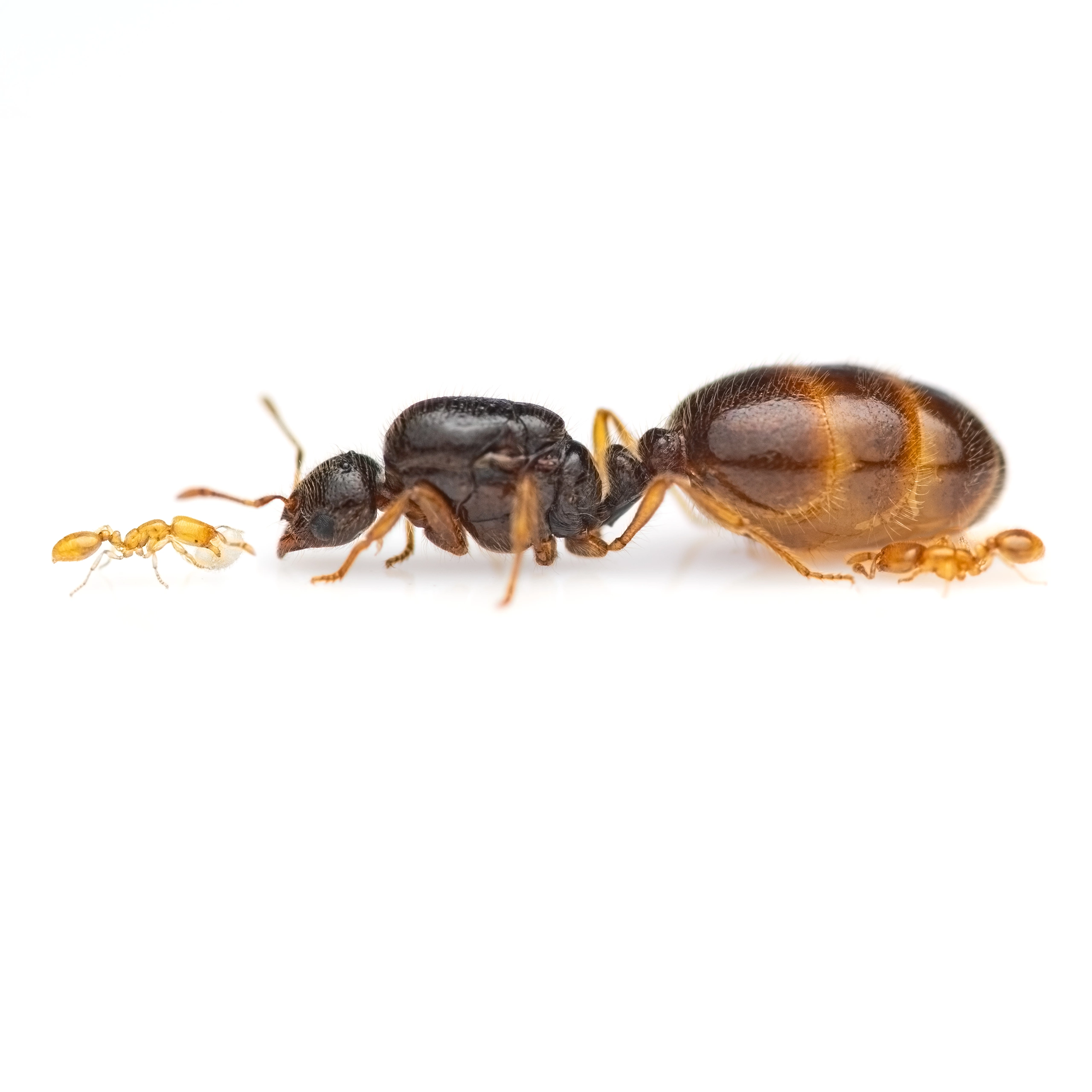
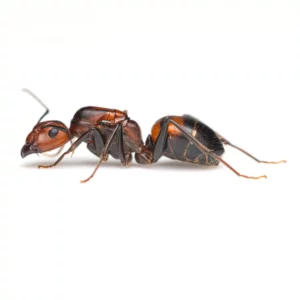
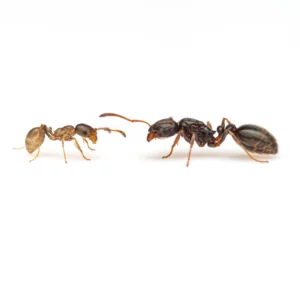
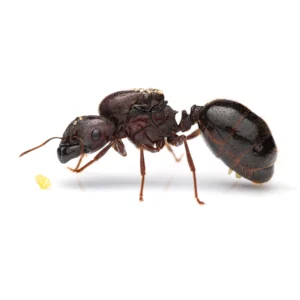
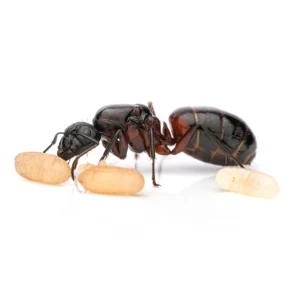

Reviews
There are no reviews yet.